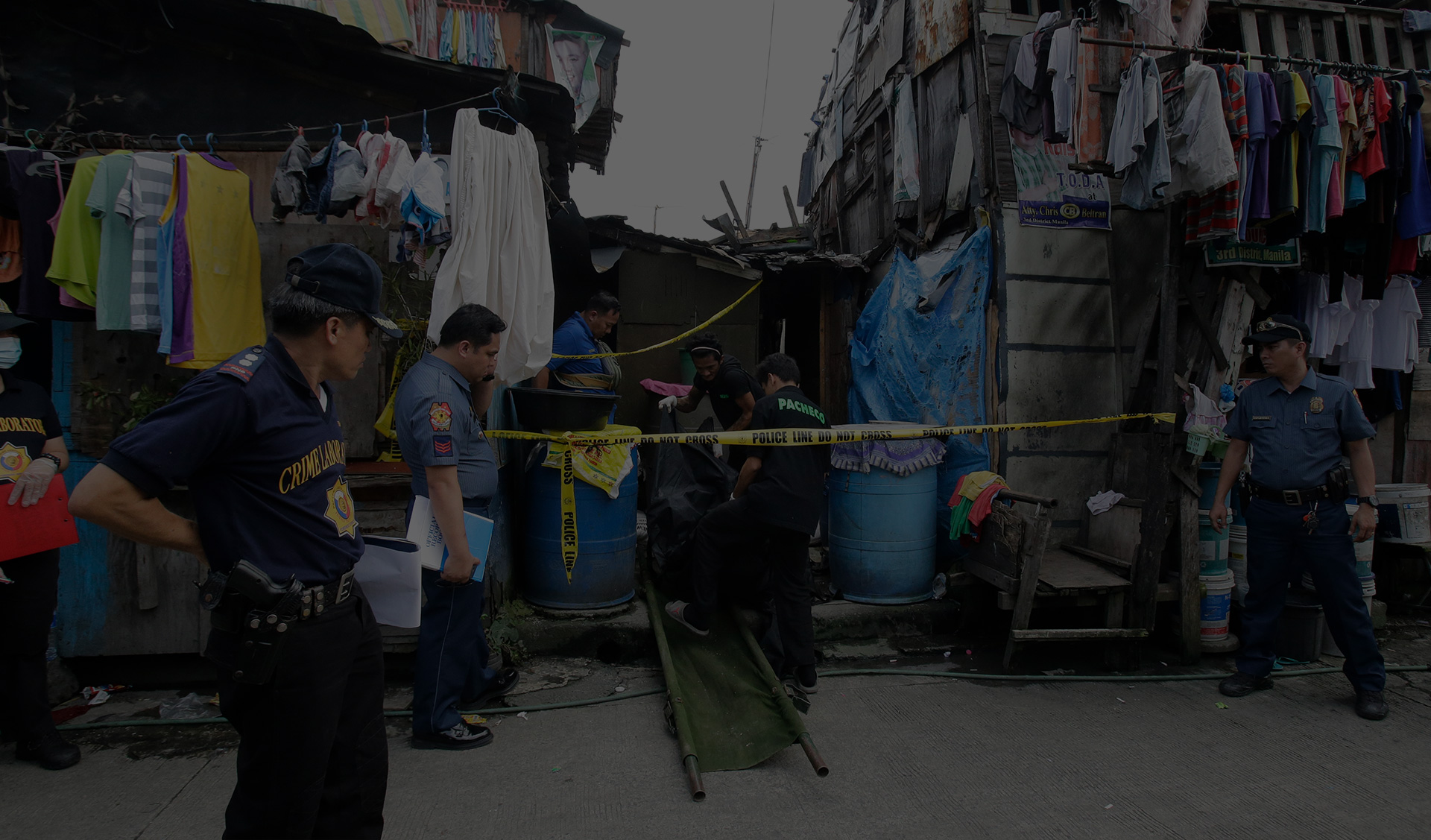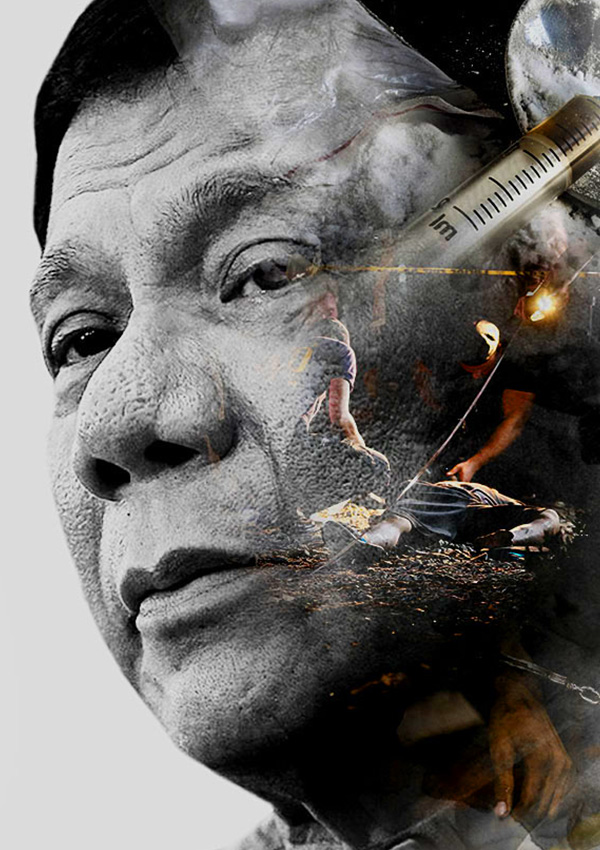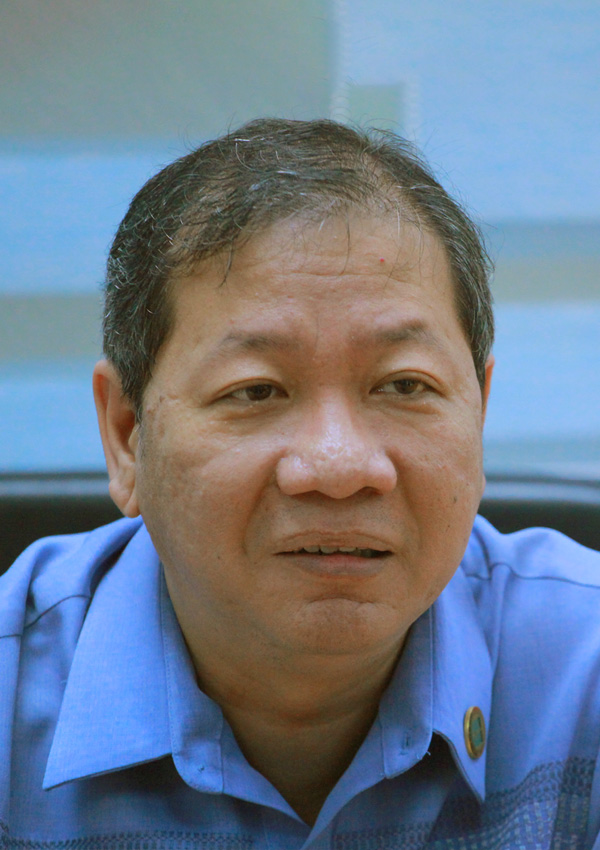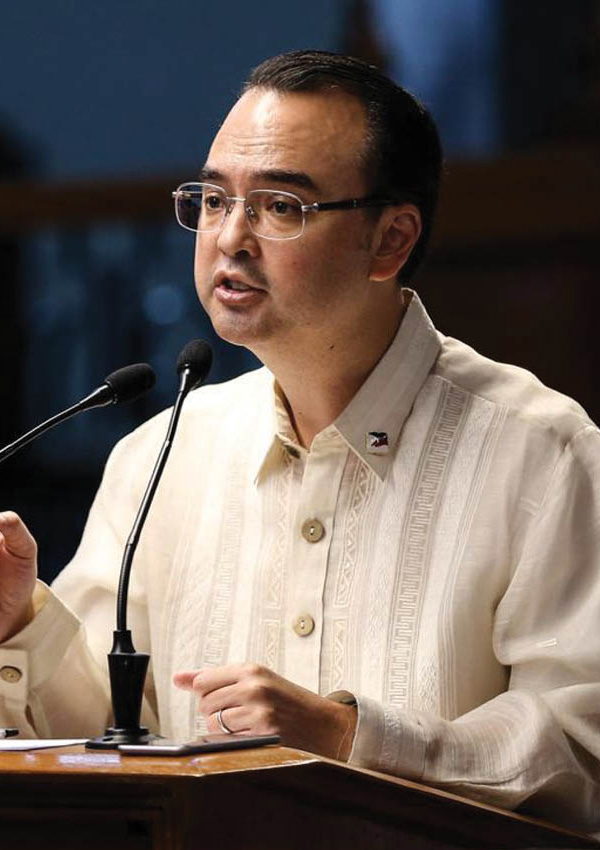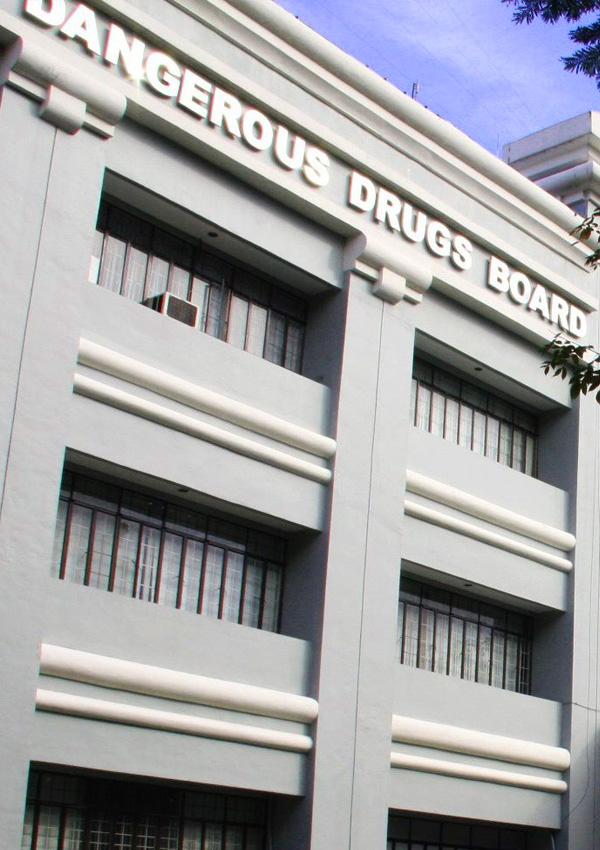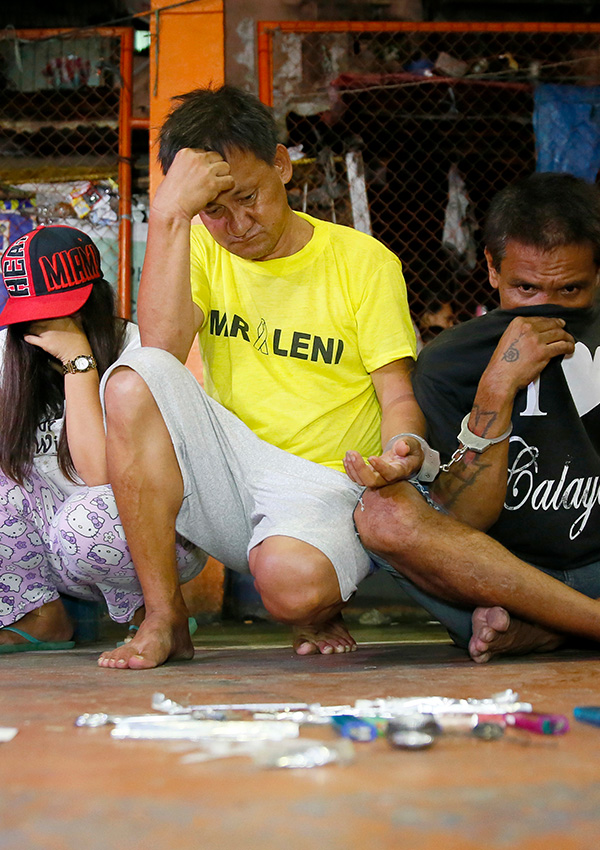M
ANILA, Philippines — A United Nations (UN) committee raised alarm over the apparent encouragement and legitimization of drug killings in the Philippines by top officials.
In an unedited version of its concluding observations dated October 7, the UN Committee on Economic, Social and Cultural Rights (CESCR) noted its worries on the drastic rise in extrajudicial killings of drug suspects under the current administration and the hike in arrests and detainment in already overcrowded prisons.
The committee noted that the drug war has "disproportionately affected" poor neighborhoods and individuals. It said the Philippine government must take necessary measures to ensure that the "fight against drug trafficking does not have a discriminatory impact on the poor and marginalized."
The CESCR document did not name the high-ranking officials whose declarations might be seen as a license to commit violence against drug suspects. However, President Rodrigo Duterte had been chided less than a month into his term by Human Rights Watch (HRW) as killings in the bloody crackdown rose.
"As long as Duterte is a cheerleader for the summary killing of criminal suspects, the fundamental right to life of all Filipinos is at risk from state-sanctioned murder," the HRW said.
Criminalizing drug use
Another point of concern for the UN body was that drug use and possession are considered crimes, hindering persons from receiving treatment.
Possession of illegal drugs is punishable by up to life imprisonment under Republic 9165, known as the Comprehensive Dangerous Drugs Act of 2002.
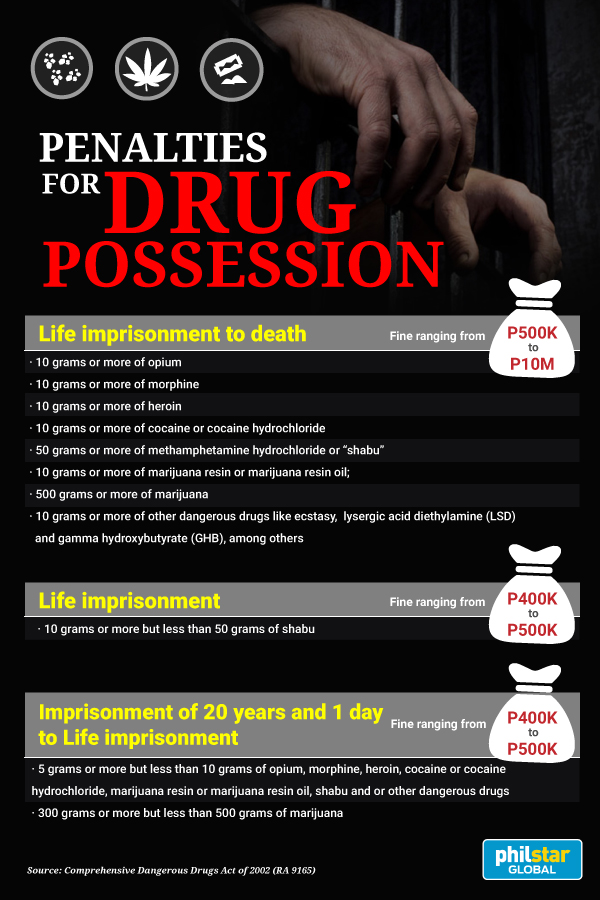
It recommended that the Philippine government reconsider the criminalization of drug users and to instead adopt a right-to-health approach to drug abuse with harm reduction strategies. It also called for an increase in the availability of treatment services "that are evidence-based and respectful of the rights of drug users."
"The Committee is further concerned at the high prevalence of HIV/AIDS and hepatitis C among people who inject drugs," it added.
READ: Spare OFWs from extrajudicial killings, groups say
The UN committee called on the Philippine government to stop and prevent any form of violence against drug users, including extrajudicial killings.
It said that all reported cases must be investigated thoroughly and perpetrators should be punished with sanctions commensurate with the gravity of the crime.
Chito Gascon, chairperson of the Commission on Human Rights (CHR), in a televised interview on Thursday said a significant number of drug killings happened during police operations.
Under the Philippine National Police Operational Procedures, it is the responsibility of the police to ensure minimal threat to life for all parties during assaults.
The issuance of a warning is also required before a police can use force. However, in cases where there is an imminent threat to the life of a police officer, and there is no other option but to use force to subdue the offender, the failure to issue a warning is excusable.
"But right now there's a growing number (in deaths during police operations) because they always say (the suspects resisted)," Gascon said.
Latest data as of the first week of October showed that over 3,800 people were killed in the war on drugs since Duterte took office. More than 1,500 of the deaths happened in police operations.
RELATED: The rights of those accused of doing wrong
The CHR said it supports measures to provide the police with dash cameras and body cameras to avoid "he said she said" scenarios which could muddle investigations.
The UN committee also lauded the efforts of the CHR to promote and protect human rights and recommended its strengthening by giving it the autonomy to plan and manage its own budget and be explicitly provided with the mandate to deal with economic, social and cultural rights. — Philstar NewsLab
